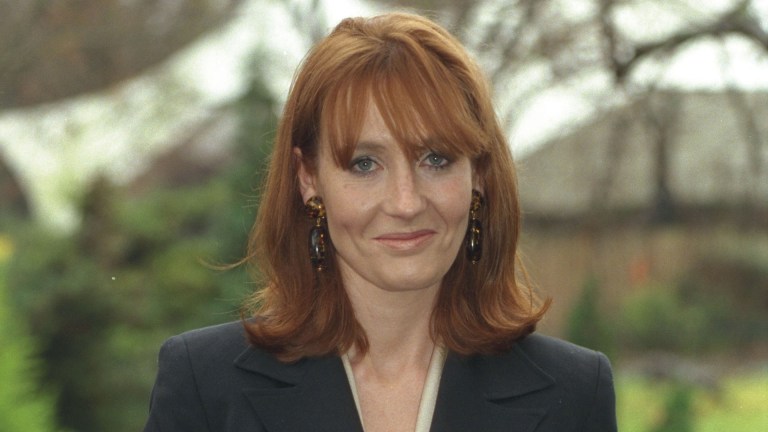One of the big problems is that we’ve arranged our funding, our resourcing, and our time in such a way that we’re always playing catch up. We’re always trying to find a way to cut out the inherited problems, as well as the new ones that follow you, if you’re stymied by poverty.
Yet the child sits on a biological harvest that is so finely tuned that if you tried to count every one of the neural connections (or ‘synapses’) in the human brain at any one second, it’d take you three million years to list them all.
This complexity, like the cat’s complexity, is full of enormous potential. Yet a child is soon mirroring, mimicking, and gathering to themselves the problems of the generations before them.
There will of course be some inherited advantages. Hundreds of years of social and class preparation do benefit some. Intelligence is one of those areas that, when added into the mix, influences how well you do in the marketplace of life. But let us not deny that given a fair shot at that moment of entering the adult world – a fair shot, not one loaded down with impediments like poverty – the babe could go far.
All of this sprang to mind when I sat in parliament with Sophie Howe, the first Future Generations Commissioner for Wales, last Tuesday. We organised a meeting between parliamentarians and Sophie to talk about what happens when the only government in the world – the Welsh Government – legislates that all public bodies have to think and plan for the future, and make decisions through the prism of ‘what does this do for future generations’?
I will return to this subject in the future, and how the fight is going to bring this concept of future problems being headed off before they happen – and of future opportunities being given free reign. And whether this groundbreaking Welsh initiative is being taken up in other parts of the UK.
Advertising helps fund Big Issue’s mission to end poverty
The needs of today are complicated. But imagine what would have happened if we had done things correctly, deeply, say, 70 years ago when we laid down the basis of the Welfare State
Scotland is doing similar things but, as yet, has not put it on to the statute books. I’m interested in whether we could convince English and Northern Irish decision-makers to begin to lay down the foundations now, so that that little biological explosion called the ‘new- born babe’ is set on a straight road to achievement and self-fulfilment.
So much of our lives are stop-gap, making do, just about managing, just in time and impermanent that we may forget our potential. Why must future generations be hampered by the silly, limited or toxic laws and creations of today when they could be avoided by paying careful attention to what’s being done now, and asking what it will do to tomorrow?
The meeting with Sophie and her team laid out the possibility of a UK-wide Futures Generations Act getting it right for those yet to be born.
Today is very pressing. The needs of today are complicated. But imagine what would have happened if we had done things correctly, deeply, say, 70 years ago when we laid down the basis of the Welfare State. We got many things right then, but what if there’d been a real commitment to make education not just for the grammar school few, but for all, and as a launch pad for future generations?
What if we’d had governments innovating the growth of new industries rather than propping up for short-term gain industries that were antique by then – as was done by Germany, Japan and the USA, post-war?
We need to look carefully at the ‘future’ of the past, in order to ensure that the ‘future’ we’re currently planning doesn’t make the mistake of creating a country of low-paid workers – people who are always one payslip away from need – and a social security system that’s overloaded to the hilt and unable to do little more than offer paltry assistance.
Advertising helps fund Big Issue’s mission to end poverty
Isn’t it also time we radicalised social security so it transforms into social opportunity? One that built the principles of a Future Generations Act into its design? Yes, and what a big thing that would be!











